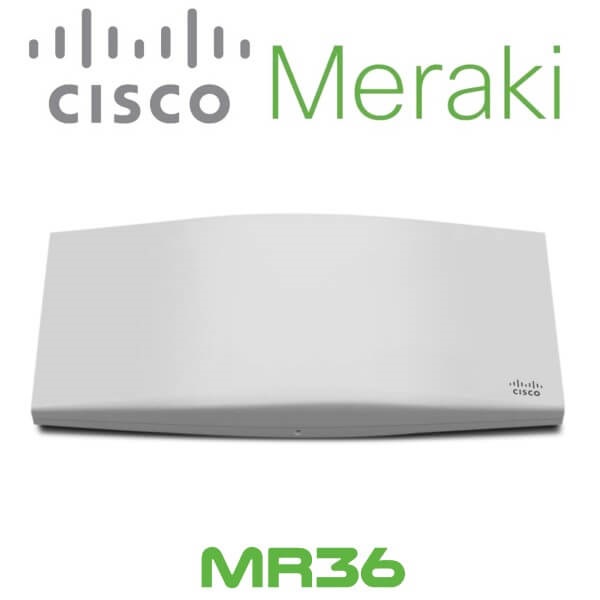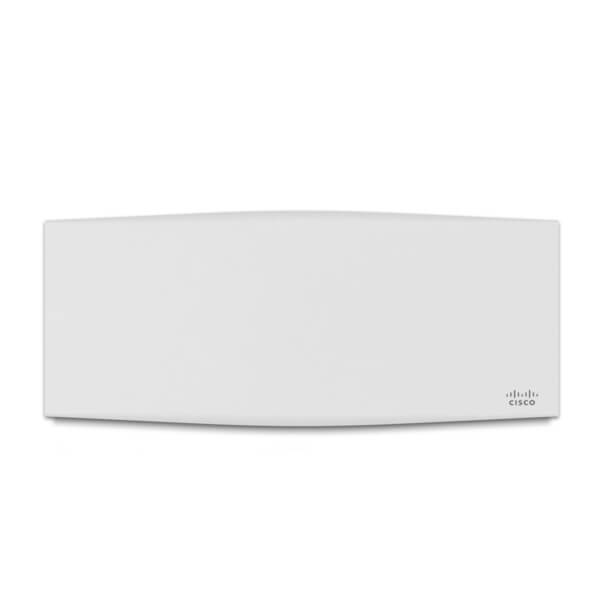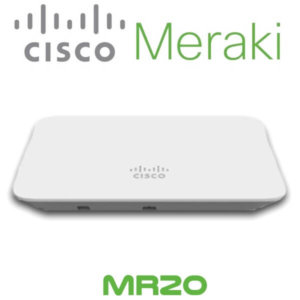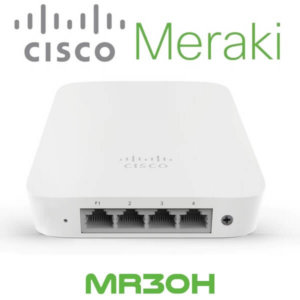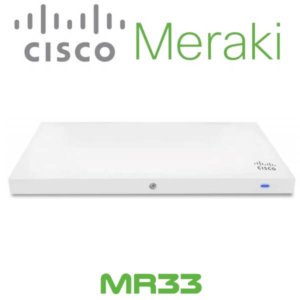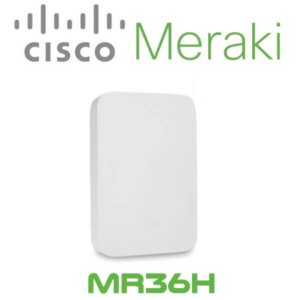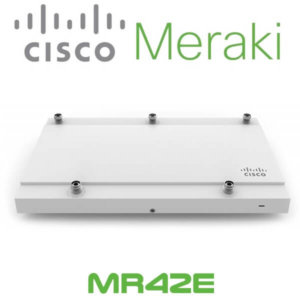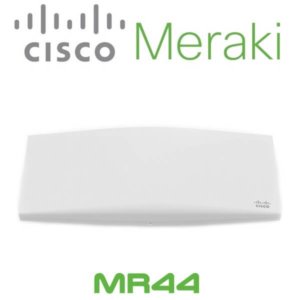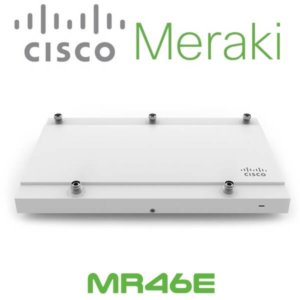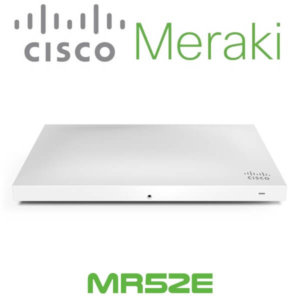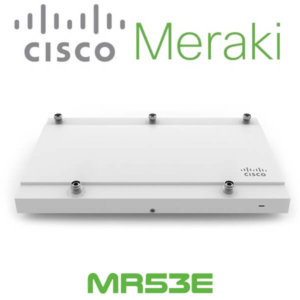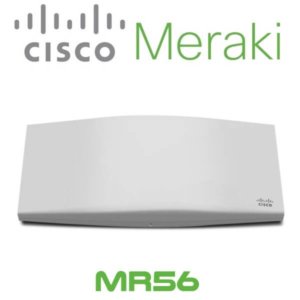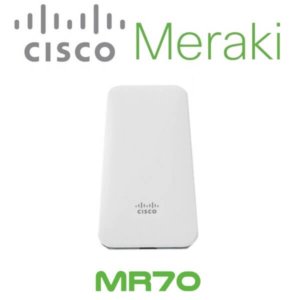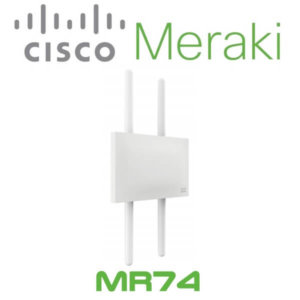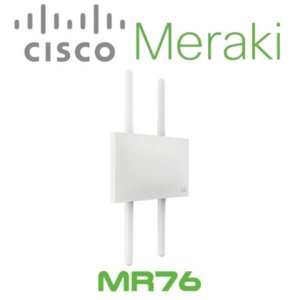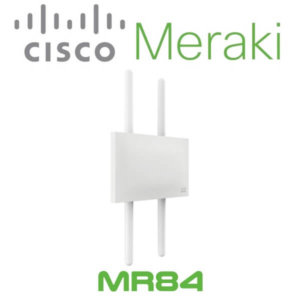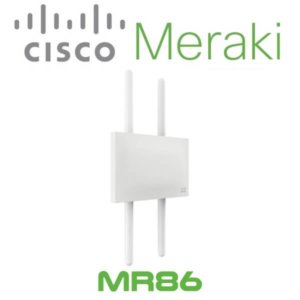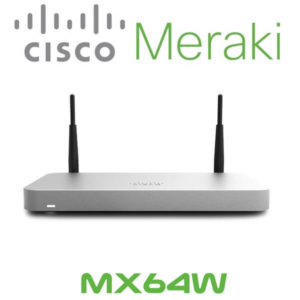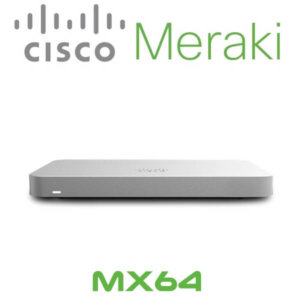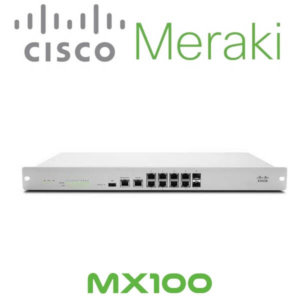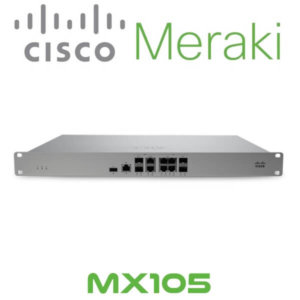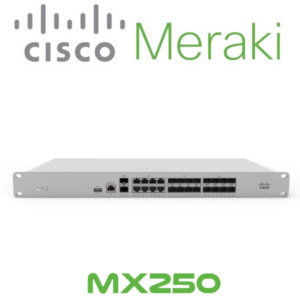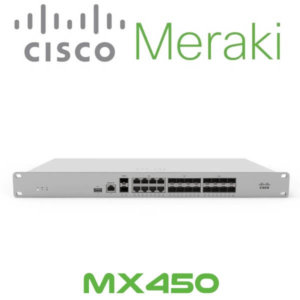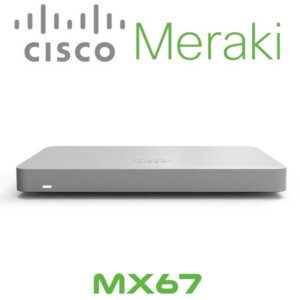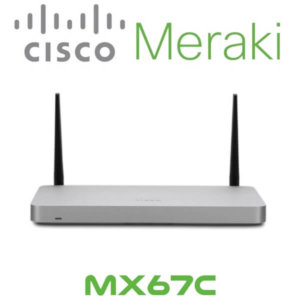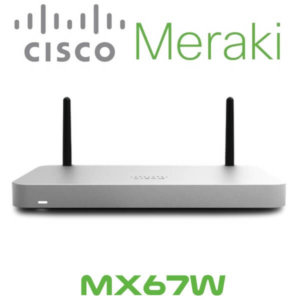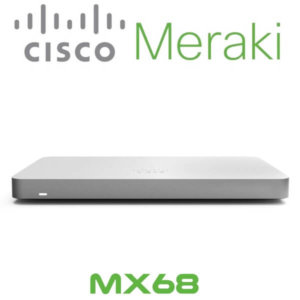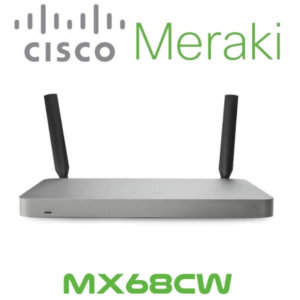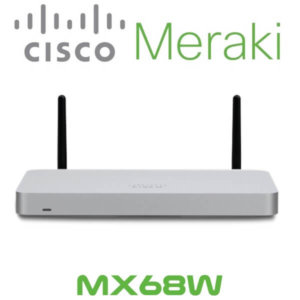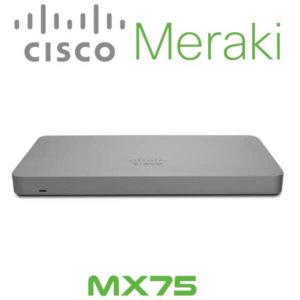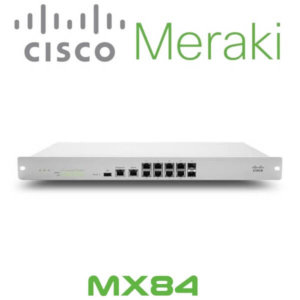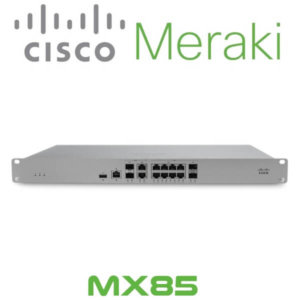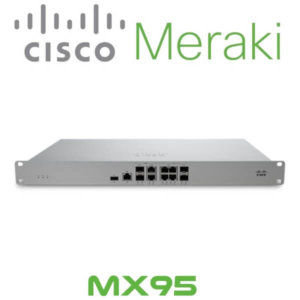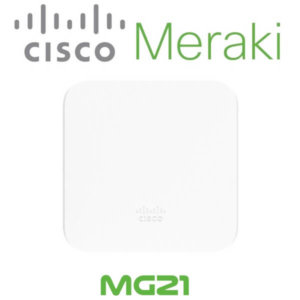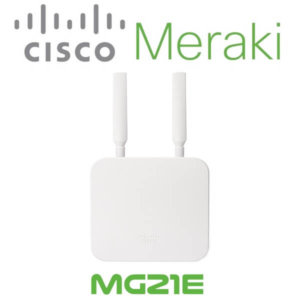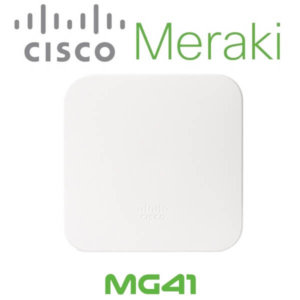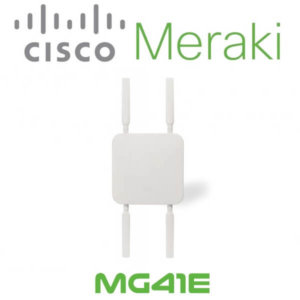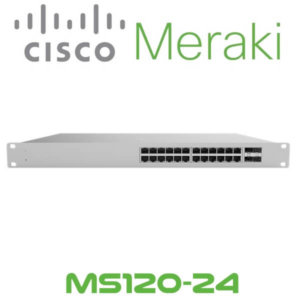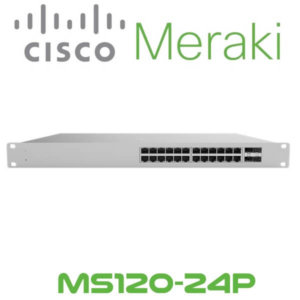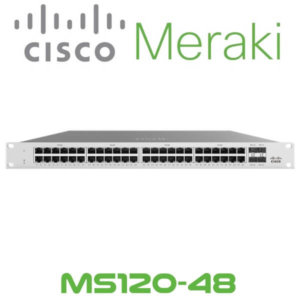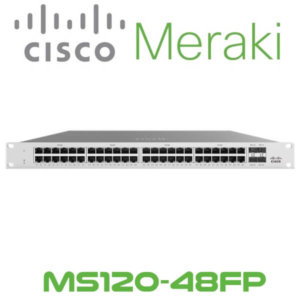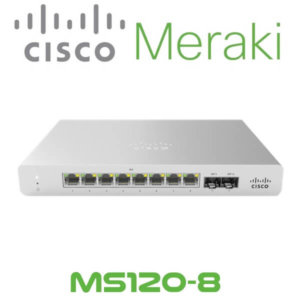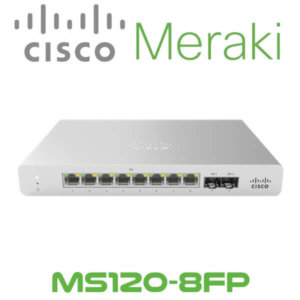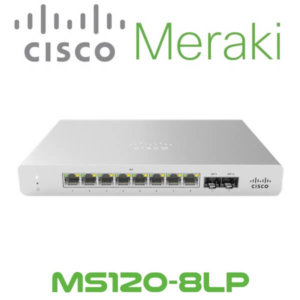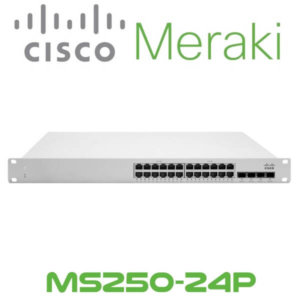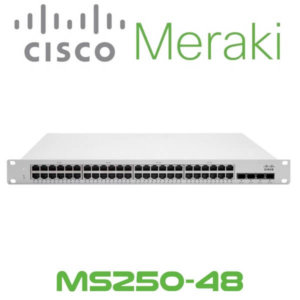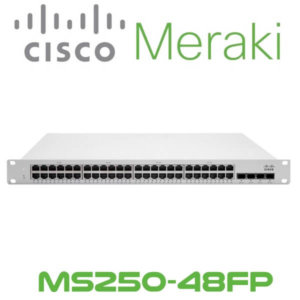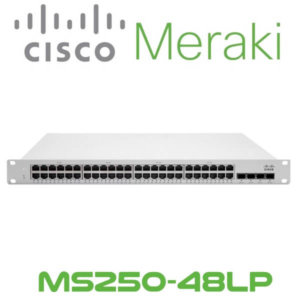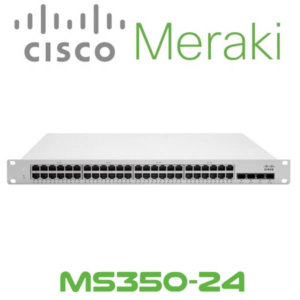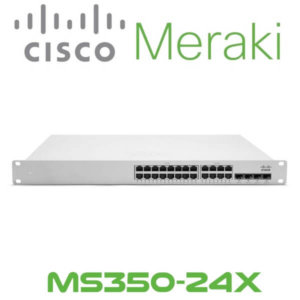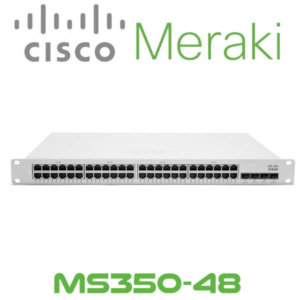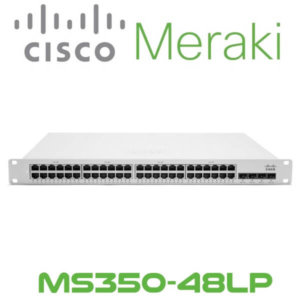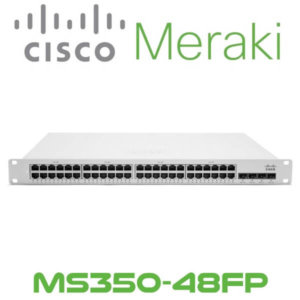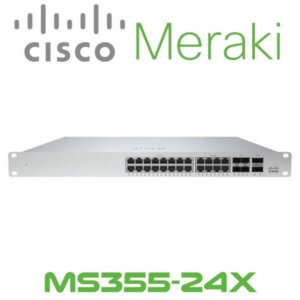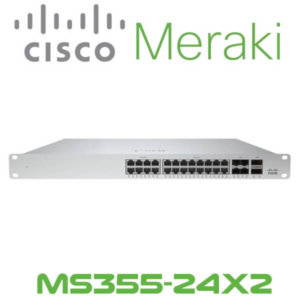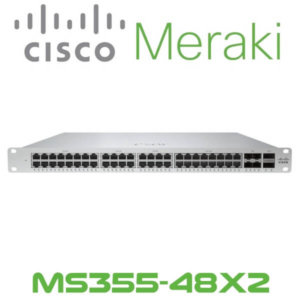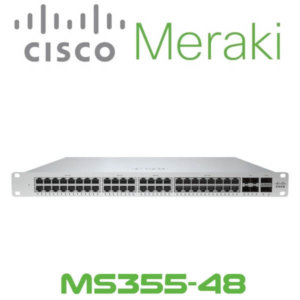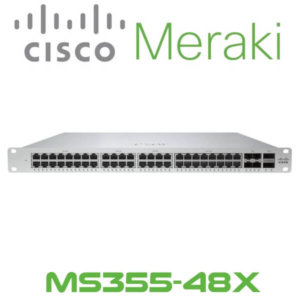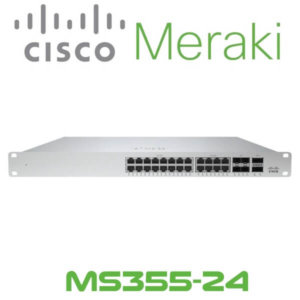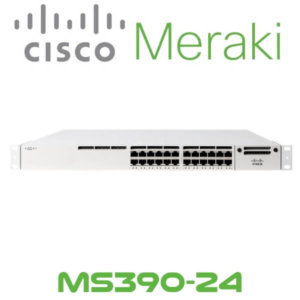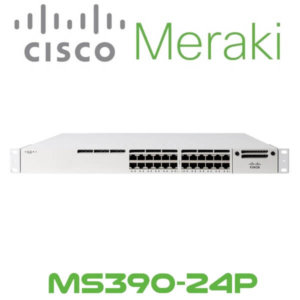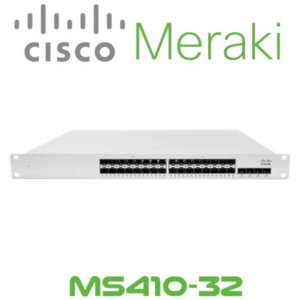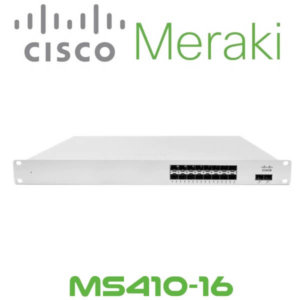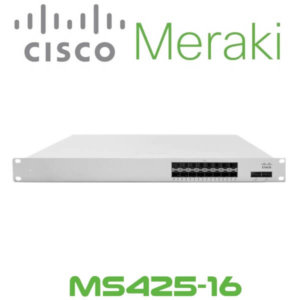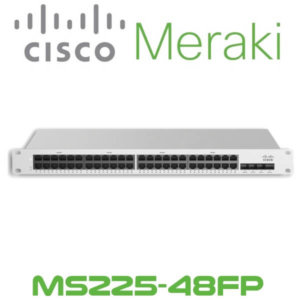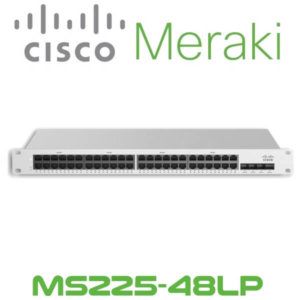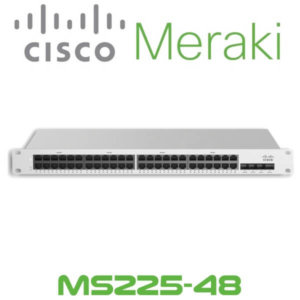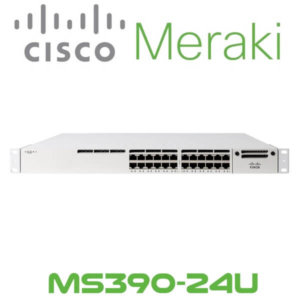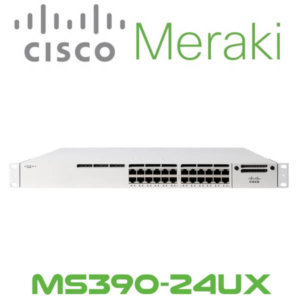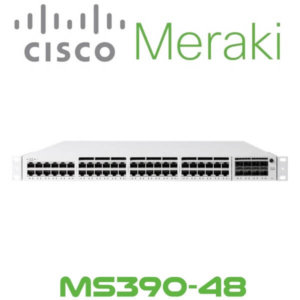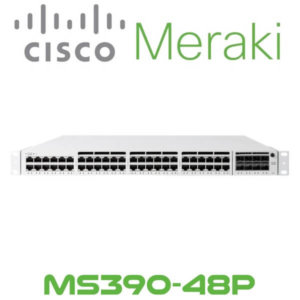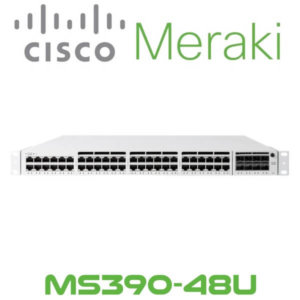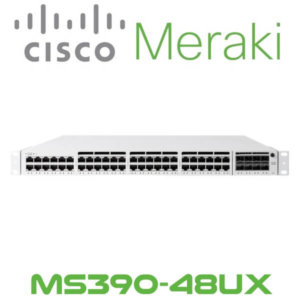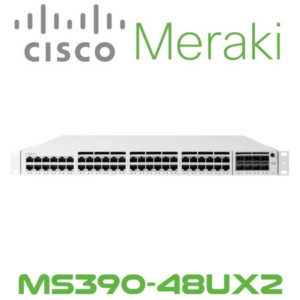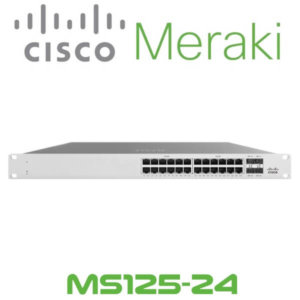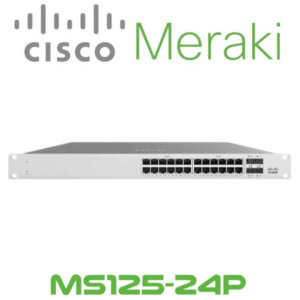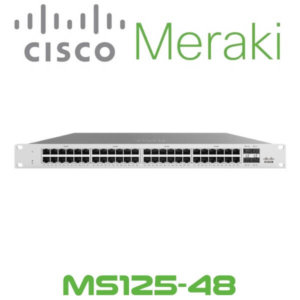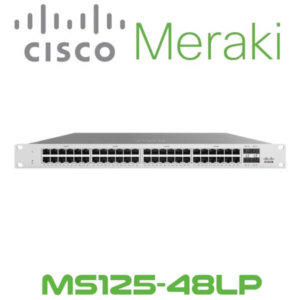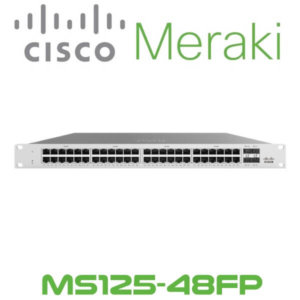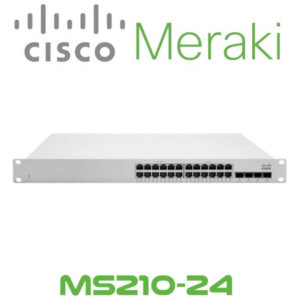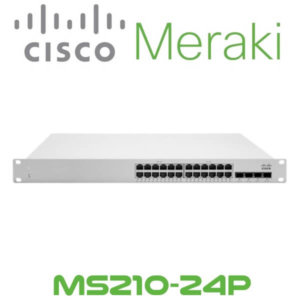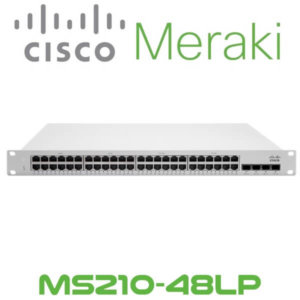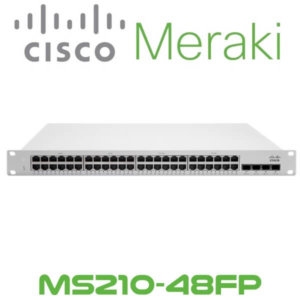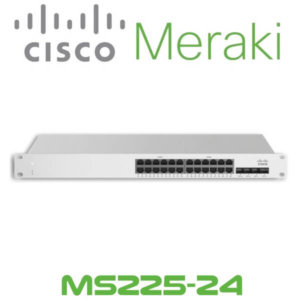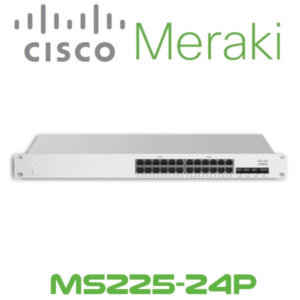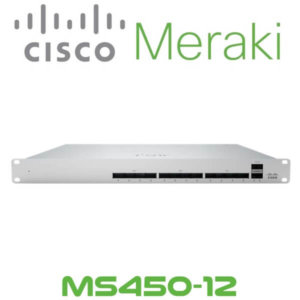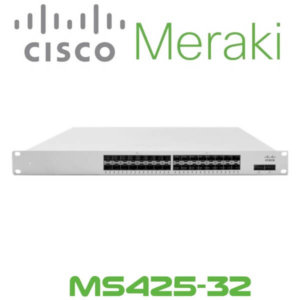Description
Cisco Meraki MR36 Access Point Jeddah
The Cisco Meraki MR36 Jeddah provides a maximum of 1.7 Gbps* aggregate frame rate with concurrent 2.4 GHz and 5 GHz radios. A dedicated third radio provides real-time WIDS/WIPS with automated RF optimization, and a fourth integrated radio delivers Bluetooth scanning and beaconing.
The Cisco Meraki MR36 Jeddah is a cloud-managed 2×2:2 802.11ax access point that raises the bar for wireless performance and efficiency. Cisco Meraki Jeddah is designed for next-generation deployments in offices, schools, hospitals, shops, and hotels, the MR36 offers high throughput, enterprise-grade security, and simple management.
Management of the MR36 is performed through the Meraki cloud, with an intuitive browser-based interface that enables rapid deployment without time-consuming training or costly certifications. Featuring a self-configuring and managed over the web, it can be deployed at a remote location in a matter of minutes, even without on-site IT staff. Meraki wifi AP Jeddah
Offers 24×7 monitoring via the Meraki cloud delivering real-time alerts if a network encounters problems. Remote diagnostic tools enable immediate troubleshooting over the web so that distributed networks can be managed with a minimum of hassle. The Cisco Meraki Jeddah firmware is automatically kept up to date via the cloud. Moreover, new features, bug fixes, and enhancements are delivered seamlessly over the web ensuring that no manual software updates to download and also guarantee security.
Cisco Meraki MR36 Features
Dual–radio aggregate frame rate of up to 1.7 Gbps*
Meraki wifi AP Jeddah boasts of 5 GHz 2×2:2 radio and 2.4 GHz 2×2:2 radio offer a combined dual–radio aggregate frame rate of 1.7 Gbps*, with up to 1,201 Mbps in the 5 GHz band and 573 Mbps in the 2.4 GHz band. Technologies like transmit beamforming and enhanced receive sensitivity allow the MR36 to support a higher client density than typical enterprise-class access points, resulting in better performance for more clients, from each AP.
Multi User Multiple Input Multiple Output (MU-MIMO)
With support for features of 802.11ax, the Cisco wifi Jeddah provides MU-MIMO and OFDMA for more efficient transmission to multiple clients. Especially suited to environments with numerous mobile devices, MU-MIMO enables multiple clients to receive data simultaneously. This increases the total network performance and improves the end user experience.
Dedicated third radio delivers 24×7 wireless security and RF analytics
The Cisco Meraki MR36 Wireless has a dedicated dual-band scanning and security radio that continually assesses the environment, characterizing RF interference and containing wireless threats like rogue access points. There’s no need to choose between wireless security, advanced RF analysis, and serving client data – a dedicated third radio means that all functions occur in real-time, without any impact to client traffic or AP throughput.
Bluetooth Low Energy Beacon and scanning radio
An integrated fourth Bluetooth radio provides seamless deployment of BLE Beacon functionality and effortless visibility of Bluetooth devices. The MR36 enables the next generation of location-aware applications while future proofing deployments, ensuring it’s ready for any new customer engagement strategies.
Automatic cloud-based RF optimization
The MR36’s sophisticated and automated RF optimization means that there is no need for the dedicated hardware and RF expertise typically required to tune a wireless network. The RF data collected by the dedicated third radio is continuously fed back to the Meraki cloud. This data is then used to automatically tune the channel selection, transmit power, and client connection settings for optimal performance under even the most challenging RF conditions.
Integrated enterprise security and guest access
The Cisco Meraki MR36 AP Jeddah features integrated, easy-to-use security technologies to provide secure connectivity for employees and guests alike. Advanced security features such as AES hardware-based encryption and Enterprise authentication with 802.1X and Active Directory integration provide wired-like security while still being easy to configure. One-click guest isolation provides secure, Internet-only access for visitors. PCI compliance reports check network settings against PCI requirements to simplify secure retail deployments.
Enterprise Mobility Management (EMM) & Mobile Device Management (MDM) integration
Meraki Systems Manager natively integrates with the Meraki MR36 wifi Jeddah to offer automatic, context-aware security. Systems Manager’s self-service enrollment helps to rapidly deploy MDM without installing additional equipment, and then dynamically tie firewall and traffic shaping policies to client posture
Application-aware traffic shaping
Cisco Meraki MR36 Jeddah includes an integrated layer 7 packet inspection, classification, and control engine, enabling the configuration of QoS policies based on traffic type, helping to prioritize mission-critical applications while setting limits on recreational traffic like peer-to-peer and video streaming. Policies can be implemented per network, per SSID, per user group, or per individual user for maximum flexibility and control
Voice and video optimizations
Industry standard QoS features are built-in and easy to configure. Wireless MultiMedia (WMM) access categories, 802.1p, and DSCP standards support all ensure important applications get prioritized correctly, not only on the MR36, but on other devices in the network. Unscheduled Automatic Power Save Delivery (U-APSD) and new Target Wait Time features in 802.11ax clients ensure minimal battery drain on wireless VoIP phones.
Self-configuring, self-maintaining, always up-to-date
When plugged in, the Cisco Meraki MR36 Wireless automatically connects to the Meraki cloud, downloads its configuration, and joins the appropriate network. If new firmware is required, this is retrieved by the AP and updated automatically. This ensures the network is kept up-to-date with bug fixes, security updates, and new features.
Advanced analytics
Drilling down into the details of network usage provides highly granular traffic analytics. Visibility into the physical world can be enhanced with journey tracking through location analytics. Visitor numbers, dwell time, repeat visit rates, and track trends can all be easily monitored in the dashboard and deeper analysis is enabled with raw data available via simple APIs.

Meraki Mr36 Uae
Specifications
| Radios |
|
| Antenna |
|
| 802.11ax, 802.11ac Wave 2 and 802.11n Capabilities |
|
| Power |
Note: Actual power consumption may vary depending on the AP usage. |
| Interfaces |
|
| Mounting |
|
| Physical Security |
|
| Environment |
|
| Reliability |
|
| Physical Dimensions |
|
| Security |
|
| Quality of Service |
|
| Mobility |
|
| Analytics |
|
| LED Indicators |
|
| Regulatory |
|



